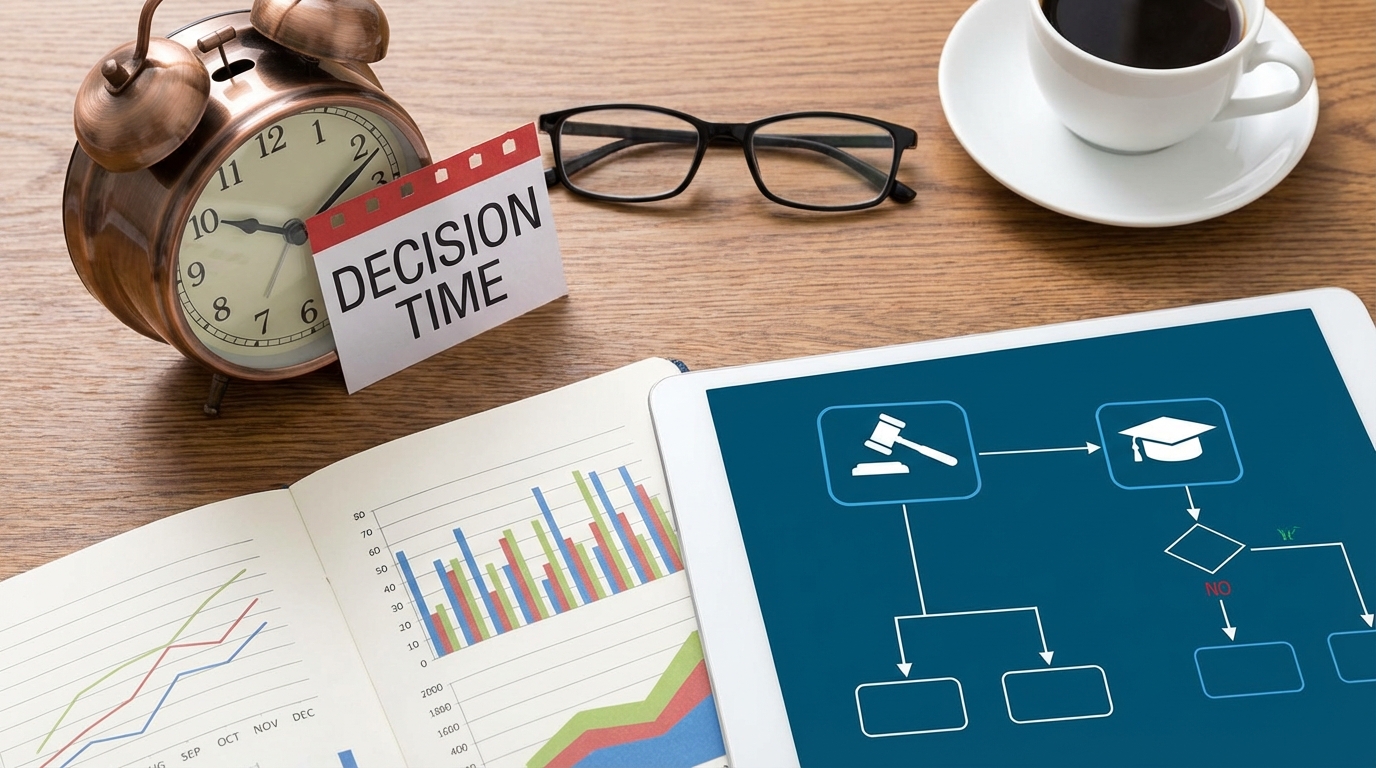In some cases, you may feel overwhelmed when dealing with multiple creditors. It can be difficult to work out payment plans with your creditors if you have less money coming in than going out. Sadly millions of americans, from millennials to people considering retirement, are struggling to keep up with their monthly bills, let alone their debts. According to an analysis done by NerdWallet.com, the total credit card debt in America has increased nearly 8% from last year up to $905 billion. With higher debts and bleak job opportunities for millennials, millions are on the hunt for more income just to get by. Here are a few ways to help increase your net disposable income and pay off debt.
Eliminate any Discretionary Expenses
Discretionary expenses are purchases that are not necessary for a household to function. Millions of Americans have admitted that most of their credit card debt has stemmed from unnecessary purchases. Some examples of discretionary expenses include buying too much clothing, dining out frequently, entertainment expenses like going out for a movie or bowling, etc.
Perhaps the easiest way to determine if something is a discretionary expense is to ask yourself, “Is this something that I want or is this something that I need to survive?” You can read more about how to cut down on discretionary spending.
What Is Your Monthly Net Disposable Income
Once you have eliminated wasteful spending and have established a solid budget, it is very important to calculate your monthly net disposable income. Your monthly net disposable income is calculated by subtracting the amount you pay for your monthly expenses from your monthly net income.
Monthly net income is the amount you take home after taxes and fees have been deducted. Monthly expenses include things like rent, utilities, transportation expenses, etc.
(Monthly Net Income) - (Monthly Expenses) = Monthly Net Disposable Income
How to Increase Your Net Disposable Income
The most simplest way to increase your net disposable income is to eliminate unnecessary spending. But what can you do if you already slimmed down your budget and are still in the red?
Here are some tips to get you started:
1. Ask for a raise. This may be an uncomfortable conversation, but in some cases speaking with your boss can possibly help you bring in more income. Your employer will most likely only agree if they feel you have been a valuable employee, so it is important that you have done enough good work for your job to warrant a raise in pay before asking.
2. Take up a second job. If you have time after work or on the weekends, securing a secondary job can definitely help pay some bills and get you into a better position to negotiate with your creditors. Look into Indeed.com, Monster.com, or Craigslist.com for listings in your area.
3. Turn your hobbies into cash on websites like Fiverr.com or Etsy.com. People visit these websites to find goods and services from freelancers. If you are good at a specific service, like web designing, you may be able to find someone that will hire you for their project. If you are good at making things, for example custom jewelry or t-shirts, you may be able to set up an online store. If you like to drive, consider signing up as an Uber or Lyft Driver.
As you can see, these are just a few ways to help increase your monthly net disposable income. Analyzing your budget, eliminating discretionary expenses, and finding ways to increase your income is a great way to kickstart your financial future.








